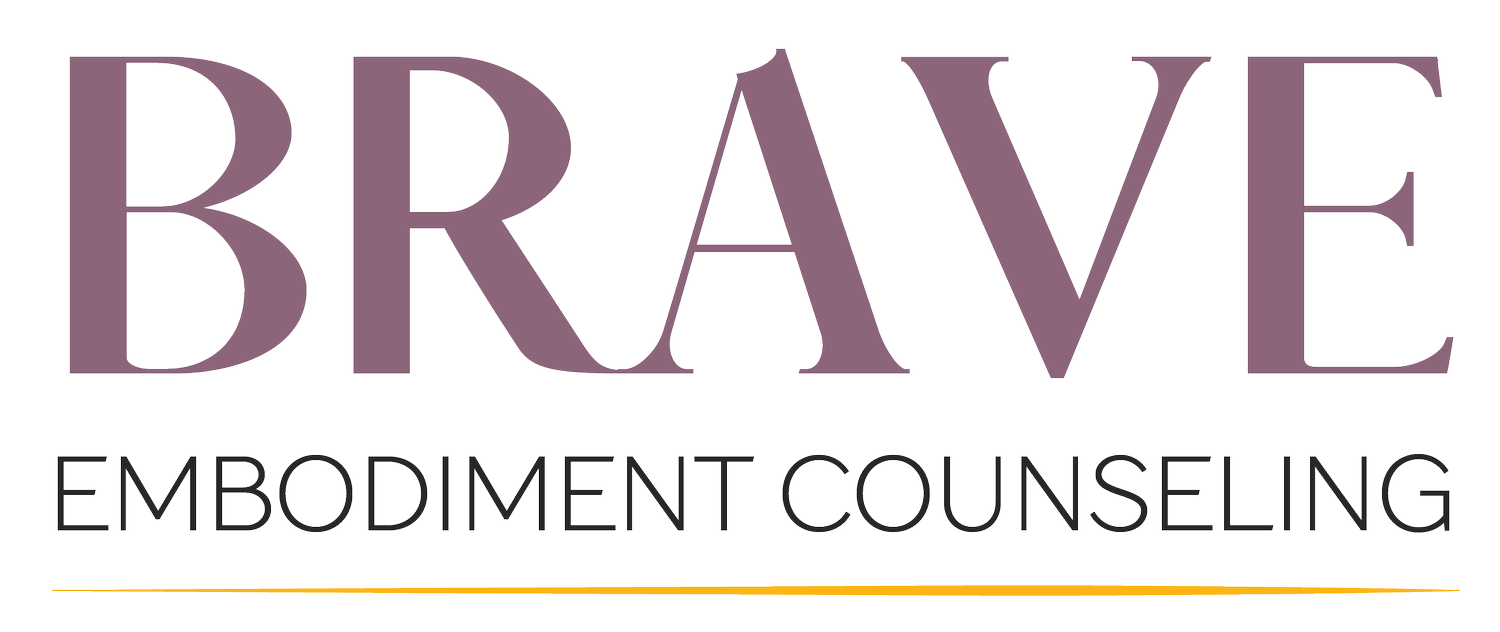Part One: Why do I feel like a screw-up when I am a highly successful woman?
Many of my clients suffer from the false belief that they have to be a “good girl” to be loved. That you will be rejected if you get angry or make a mistake. I want to help unpack this false belief about relationships.
Logically, you know that if you make a mistake it isn’t the end of the world, life goes on. This is often easier to deal with in a work setting and more difficult in relationship. Yet, you feel and belief that if you express anger towards your partner, he/she may leave you. Or that if you loose your cool, you will definitely be punished in someway or go into a deep self-shame response (lots of inner criticism and feeling guilty).
When you make a mistake with a loved one, you feel “I am a bad partner/friend/daughter/sister” rather than “I made a mistake and am human, it is okay.” That you somehow need to be superhuman and never show sadness, anger or, god forbid, make a mistake. It feels like you must be a “good girl” to be loved by those you are close to, if you are a “bad girl” you will be rejected or punished - or must punish yourself to deal appropriate make up for the guilt you feel.
So why is it so difficult to make a mistake without feeling extreme guilt and shame?
I attribute this greatly to parenting, especially the parenting of the our parent’s generation. Though there is still quite a lot of growth needed in our generation, as parents to our own children, around healthy displacing and boundaries.
As children, you were probably parented out of shame or guilt rather than strengths and positivity. Healthy parenting means UNCONDITIONAL LOVE + BOUNDARIES. You were probably given time-outs as a child. Our parents learned that when a child is not behaving, you put them in time-out to teach them a lesson. Therefore, motivating their good/bad behavior through shame and guilt. A little bit of guilt is important, but parents consistently and mainly through guilt causes a negative lifetime effect. It causes us to motivate ourselves through guilt rather than strength and resiliency. Just think, if you always motivated yourself through resiliency and strength, you would probably bounce back positively with every mistake, rather and negatively, with self-criticism and shame. And when we made a mistake, we would think “I did my best in that moment, I am human, and I will do something different next time I am in a similar situation” rather than “I am bad, I am a screw up, I deserve to be punished by others or punish myself.” While our parents had good intentions and did their best, they did not understand the effects of using shame and guilt as a behavioral motivation.
Another common issue that contributes to this false belief of needing to be a “good girl” is addiction and narcissism. You may have had a mother that had issues with addiction or narcissism. These issues may not have been overt or serious but were present. In these cases, as a child you internalize that you were the cause of your mother’s substance/alcohol use or lashing out behaviors. As an adult, you know this is not the truth, yet as a child, you probably had rituals or standards around being a “good girl” to keep your mother from drinking/using or lashing out. The reason for these “good/bad” beliefs as children is simple and profound. As a child, you idealize your parents because they are your caregivers and without them you cannot survive, therefore children actually see themselves as an extension of their parents. It is much easier for a child to blame themselves for their parents behavior than it is for them to see their parents as “wrong” as it would threaten their attachment to their caregivers.
The next step is what to do about this…. we will discuss this next week!
If you are interested in learning more and would like a free 20 minute consultation, contact us at info@bravecounseling.com. We work virtually with clients throughout the Denver and Boulder area and all throughout CO.
